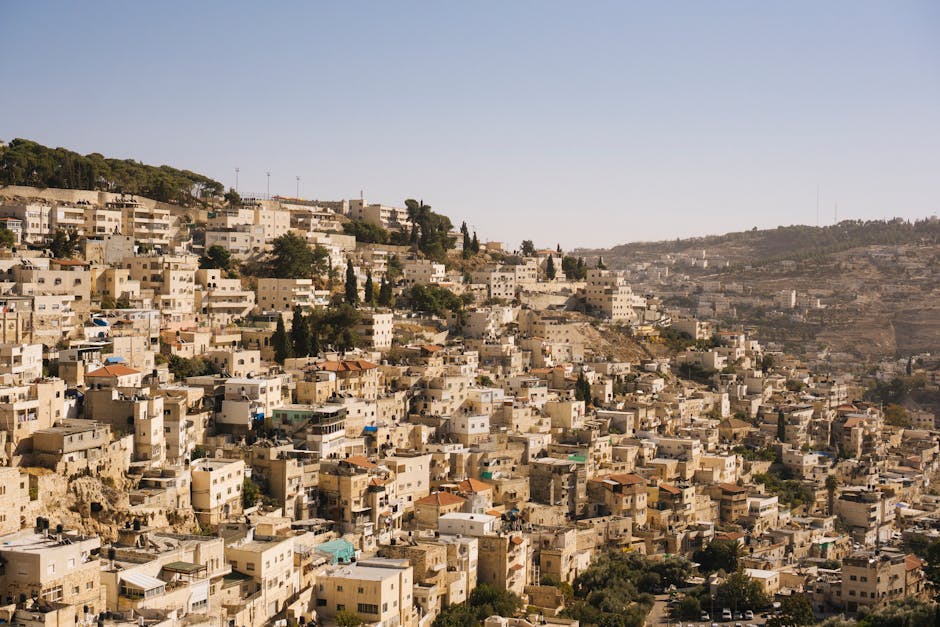Global travel, a realm of diverse experiences, is significantly influenced by the subtle and profound differences in cultures across the world. Understanding these nuanced aspects is crucial for crafting enriching and respectful journeys. From dietary habits and communication styles to social customs and religious practices, cultural considerations are integral components of a successful travel plan. This article delves into the multifaceted ways cultural differences impact travel choices, highlighting how preparation and sensitivity can transform a trip from a mere journey into an immersive and meaningful experience.
A prominent aspect of how cultures shape travel plans lies in the realm of food. Different societies have unique culinary traditions, which can range from familiar favorites to entirely novel experiences. For instance, a visitor to India may encounter a rich tapestry of vegetarian and non-vegetarian dishes, often accompanied by specific dietary restrictions based on religious or personal preferences. Likewise, a trip to Japan might involve meticulously prepared sushi and ramen, requiring prior research and knowledge of local dining etiquette. Failing to account for these nuances can lead to difficulties in finding suitable meals or even causing offense. A proactive traveler, armed with knowledge of local cuisine and dietary requirements, can successfully navigate these intricacies and uncover culinary treasures.
Communication styles further exemplify the ways cultures influence travel plans. Direct, assertive communication is often the norm in some cultures, while others favor indirect, nuanced approaches. A seemingly straightforward inquiry in one culture might be perceived as impolite or overly demanding in another. Similarly, nonverbal cues, such as eye contact, personal space, and gestures, can hold vastly different meanings across societies. A traveler unfamiliar with these subtle variations could inadvertently cause misunderstandings or offend locals, thereby diminishing the positive aspects of their trip. Preparation, such as learning basic phrases in the local language or seeking cultural guides, can empower travellers and enhance their intercultural interactions.
Social customs also play a significant role in shaping travel experiences. In some cultures, it is customary to remove footwear before entering a home or to engage in formal greetings. Other societies might have specific traditions surrounding gift-giving, or even customs related to personal space and physical contact. A traveler unprepared for such subtleties could unintentionally offend their hosts or cause discomfort to themselves. Gaining familiarity with the local social etiquette through research and interaction with locals will ensure a smoother and more respectful journey.
Furthermore, religious practices and beliefs influence various aspects of travel planning. Certain religious holidays may lead to closures of businesses or restricted activities, while specific attire or conduct might be required to respect sacred sites or traditions. A visitor unfamiliar with these considerations might find their travel plans disrupted or experience friction with locals. Prior research into religious practices and observances of the destination can lead to a more harmonious and meaningful travel experience.
Beyond the obvious, other nuances subtly affect travel plans. Transportation systems, for example, differ significantly across cultures. Public transportation options and their accessibility might vary considerably, impacting travel itineraries and requiring careful consideration for the most efficient and convenient routes. Specific regulations, such as visa requirements, customs procedures, or local laws, should be consulted and understood well in advance of travel. This thoroughness will ensure an effortless travel experience.
Consider also the importance of personal safety. Awareness of potential risks, scams, or cultural sensitivities related to personal safety is paramount. Understanding the local security landscape, the common scams specific to a region, and how to react to potentially unsafe situations allows travelers to make informed decisions and plan accordingly. Consulting travel advisories and taking proactive measures for personal safety enhance the security and serenity of the journey.
Finally, factors such as local attitudes toward tourists, the economic conditions, and the political climate of the destination can impact travel plans. A change in these conditions can alter expected outcomes and require travelers to adjust their itinerary or postpone the trip altogether.
In conclusion, cultural diversity is a significant factor in planning meaningful and enriching travel experiences. While meticulous research cannot cover every detail, gaining knowledge of local customs, traditions, and expectations will invariably lead to a more satisfying and respectful journey. By understanding the subtle interplay of cultural nuances, travelers can engage in meaningful interactions, build deeper connections, and create truly memorable experiences. A traveler’s openness to learning, sensitivity to differences, and proactive approach to research and preparation will contribute to a smoother, safer, and more rewarding encounter with the unique tapestry of the world.






